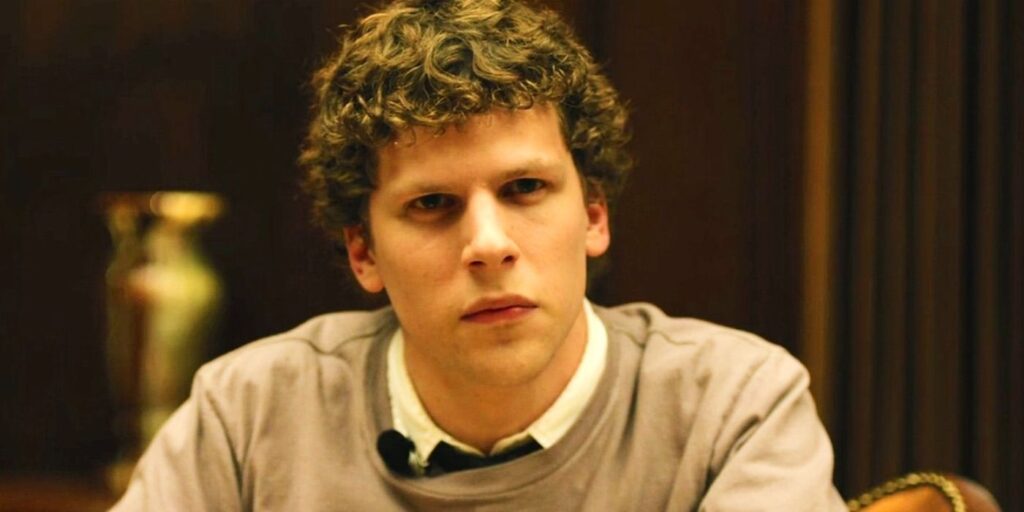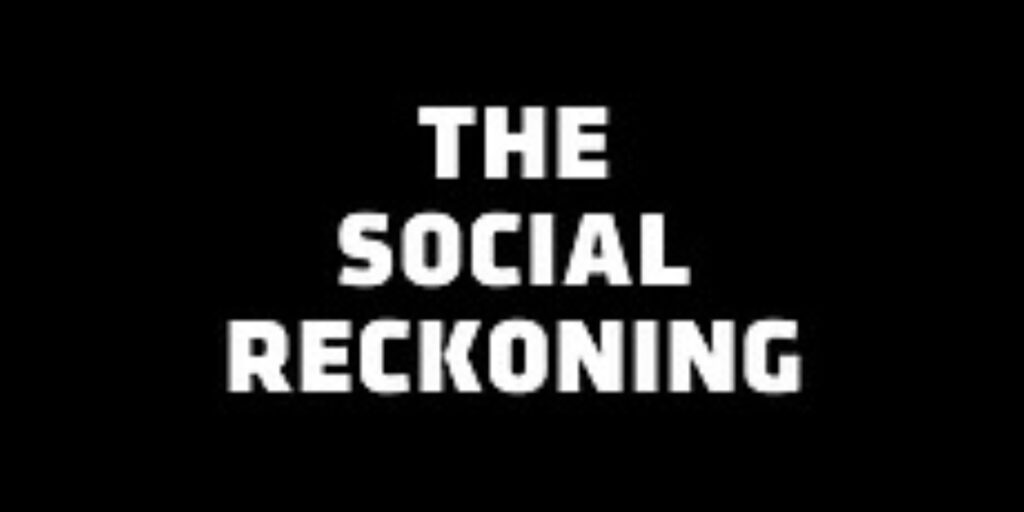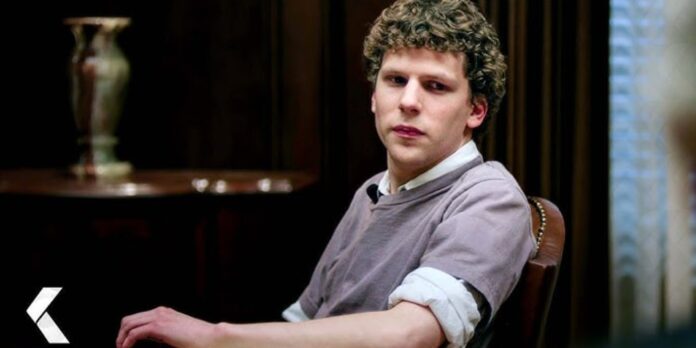After more than a decade, one of the most influential films of the 21st century, ‘The Social Network’, is getting a long-awaited continuation, but without its original star. Jesse Eisenberg, who delivered an unforgettable portrayal of Facebook founder Mark Zuckerberg in the 2010 Oscar-winning film, has finally spoken out.
The actor made it clear about why he won’t be returning for the upcoming sequel, ‘The Social Reckoning’. Aaron Sorkin is returning to both write and direct the follow-up, which will explore the explosive real-life events surrounding Facebook whistleblower Frances Haugen and the company’s internal controversies. However, for fans hoping to see Eisenberg reprise his iconic role, the actor has now made it clear that his time as Zuckerberg has come to an end.
Jesse Eisenberg Says Goodbye To Mark Zuckerberg

In a recent appearance on TODAY, Jesse Eisenberg broke his silence on his absence from ‘The Social Reckoning’, addressing what many fans had long speculated. He reflected on his time playing one of the most complex and controversial figures of the modern era, offering an honest perspective on why he’s stepping away. “Listen, for reasons that have nothing to do with how amazing that movie will be, really, truthfully,” Eisenberg said.
“But when you play a character, you feel, at some point, you’ve grown into something else,” he added. Pressed further on whether he felt he had simply outgrown the role, Eisenberg smiled and replied, “Yeah, something.” Eisenberg was quick to emphasize that his decision had nothing to do with doubts about the sequel’s quality. In fact, he expressed deep admiration for Aaron Sorkin and excitement for what the new film will bring.
“It’s a really wonderful movie,” he shared warmly. “I’m friends with Aaron Sorkin, who wrote and is directing this movie. All of the reasons that I am not in it are completely unrelated to how brilliant it will be.” Eisenberg’s portrayal of Zuckerberg earned him widespread acclaim and an Academy Award nomination, and even years later, it remains a defining performance of the digital age.
However, as Facebook evolved into Meta and the world changed around it, so too did Eisenberg’s connection to the role. Now, the torch is being passed. Emmy winner Jeremy Strong, best known for his captivating turn as Kendall Roy in HBO’s ‘Succession’, has been officially cast as the new Mark Zuckerberg. Moreover, for Eisenberg, stepping away seems to be less about rejection and more about evolution.
‘The Social Reckoning’ Will Mark A New Era Of Digital Truth

While Eisenberg’s absence will certainly be felt, ‘The Social Reckoning’ is shaping up to be a bold, timely, and deeply relevant continuation of the story Sorkin first began fifteen years ago. Sony Pictures officially announced that the film will release on October 9, 2026, with filming having begun in Vancouver, Canada, under the working title Goliath. Unlike its predecessor, which chronicled the creation of Facebook and the ensuing legal battles, ‘The Social Reckoning’ will focus on the internal moral and ethical crisis that followed.
In case you missed it: Andrew Garfield Reveals The Reason Behind His Absence From ‘The Social Network’ Sequel
Specifically, the whistleblower saga that rocked Silicon Valley. The film stars ‘The Bear’s Jeremy Allen White as Wall Street Journal reporter Jeff Horwitz, who partnered with Frances Haugen, played by Mikey Madison, to expose the company’s secret algorithms and their harmful global effects. Sony describes ‘The Social Reckoning’ not as a direct sequel, but as a “companion piece” to ‘The Social Network’.
The official synopsis reads: “A companion piece to the hit film The Social Network, Sorkin’s original screenplay tells the true story of how Frances Haugen (Madison), a young Facebook engineer, enlists the help of Jeff Horwitz (White), a Wall Street Journal reporter, to go on a dangerous journey that ends up blowing the whistle on the social network’s most guarded secrets.” Just as ‘The Social Network’ defined an era of ambition and innovation, ‘The Social Reckoning’ promises to explore accountability, transparency, and the cost of digital power.





